Articles
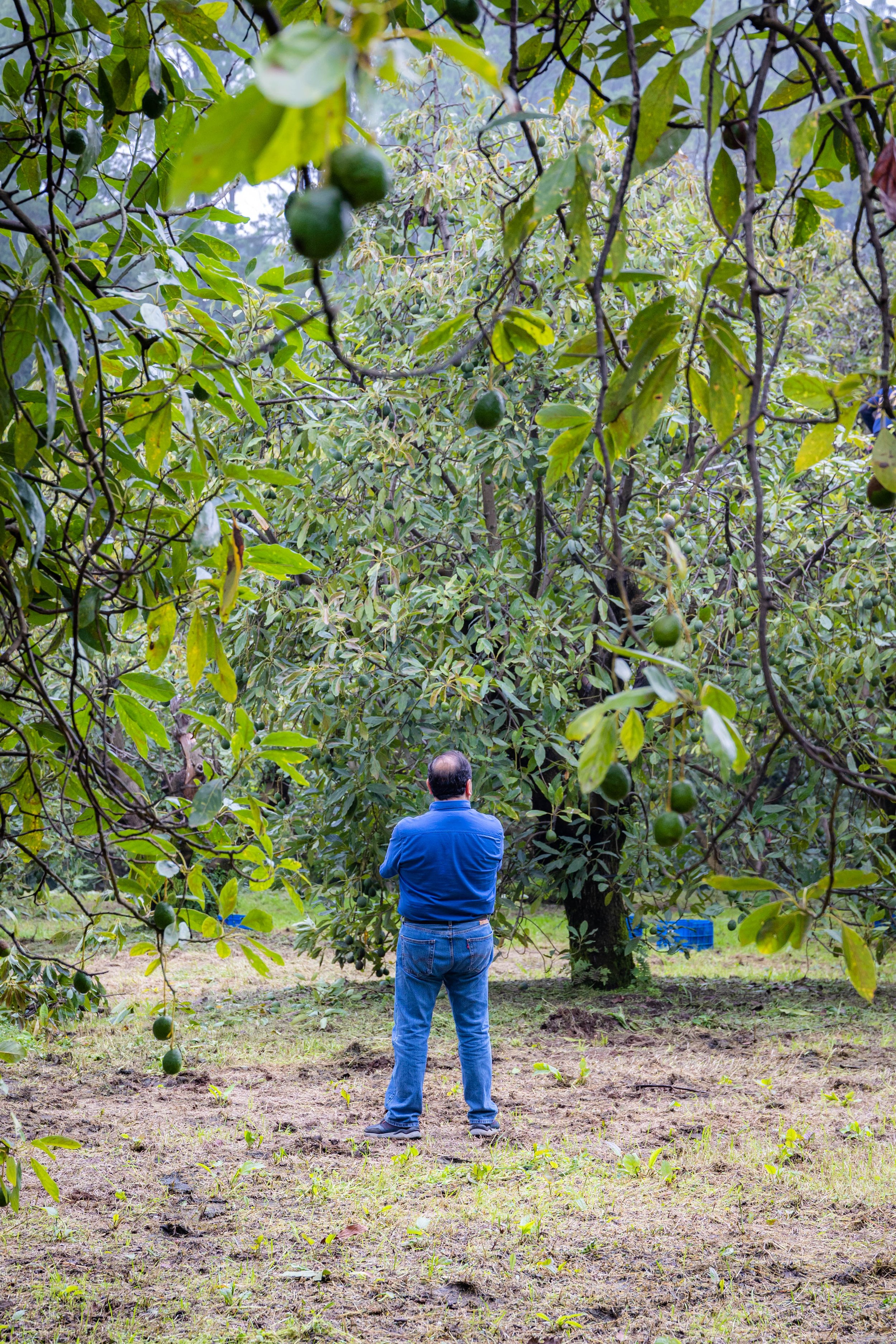
Current Challenges for Small-Scale Avocado Farmers in Michoacán
At Equal Exchange, we take pride in our model of truly responsible sourcing that promotes economic justice, environmental sustainability, and community development in regions where our products are grown. Despite the efforts made to cultivate positive change, however, there are certain macro-level issues that continue to impact our sourcing partners and their communities. For avocado farming co-operatives PRAGOR and Integradora Vics—our partners in the state of Michoacán, Mexico—the most pressing challenges include falling sales prices amid rising input costs, market rigidity in US stores, and the negative effects of climate change.

These Avocado Farmers Welcome Monarchs
Farmland can be conservation land—when managed with that goal in mind. Monarch butterflies could soon be listed as endangered because of their drastic population decline. While you could plant native milkweed or nectar plants as waystations to help support the population, the farmers in central Mexico who supply Equal Exchange avocados are also protecting and restoring the forests where these amazing butterflies spend the winter.
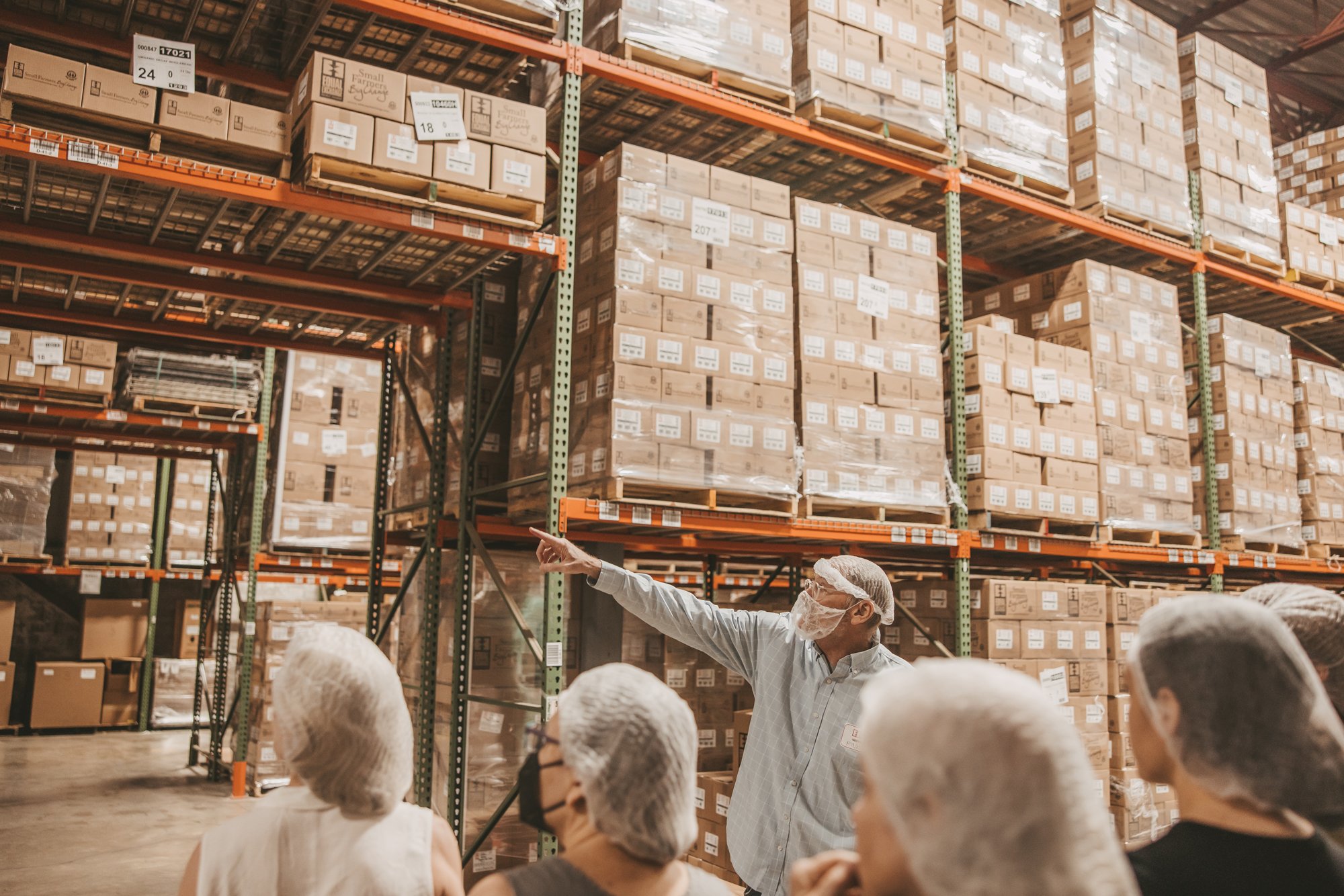
From Alternative Trade to Corporate Consolidation
Antitrust laws were put into place for a reason. The more consolidated our food system becomes and the greater control corporate monopolies exercise, the worse the outcome will be for farmers, workers, consumers, and the planet. As we continue to double-down on our efforts to support small farmers employing sustainable farming practices, we can—and must—take back our food system.

Truly Responsible Sourcing
Equal Exchange imports avocados exclusively from democratically structured, organic- and Fairtrade-certified cooperatives of small-scale farmers (each possessing under 10 hectares of orchard) in Michoacán. With direct weekly pricing negotiations, additional Fairtrade premiums paid to the cooperatives, and collaborative efforts to maximize efficiency, both parties strive to thrive ethically in an industry dominated by large, foreign-owned corporations.
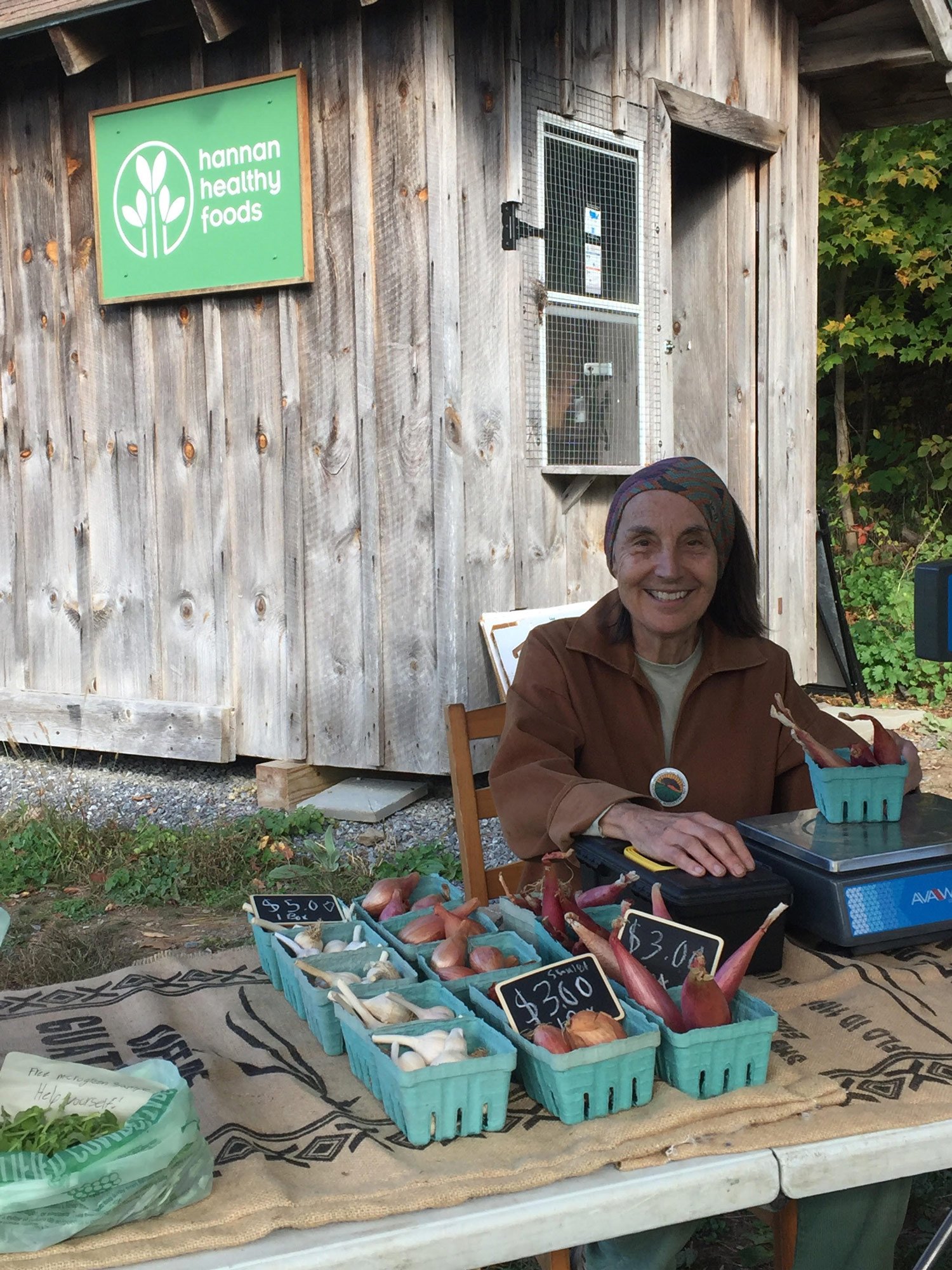
Citizen-Consumer Reflection: Strength in the Commitment of Many
Thirty-seven years ago, I did not identify primarily as a consumer, and the label still doesn’t quite fit, but I did identify as a citizen open to learning how Nicaraguans were creating more equal social relationships. When volunteering with newly formed sewing cooperatives, I met small farmers who shared stories of how they never were paid a fair price by the buyers of the fruits of their hard labor. I became a small bridge of sales of Nica coffee beans through Equal Exchange.

Becoming a Citizen-Consumer Board Director of Equal Exchange
I was elected to the board of Equal Exchange in June 2020, a couple days after my 22nd birthday. The prior year, I had attended the Equal Exchange Summit as a college student who really liked healthy food and desperately wanted a glimmer of hope that some businesses could benefit people and the environment.
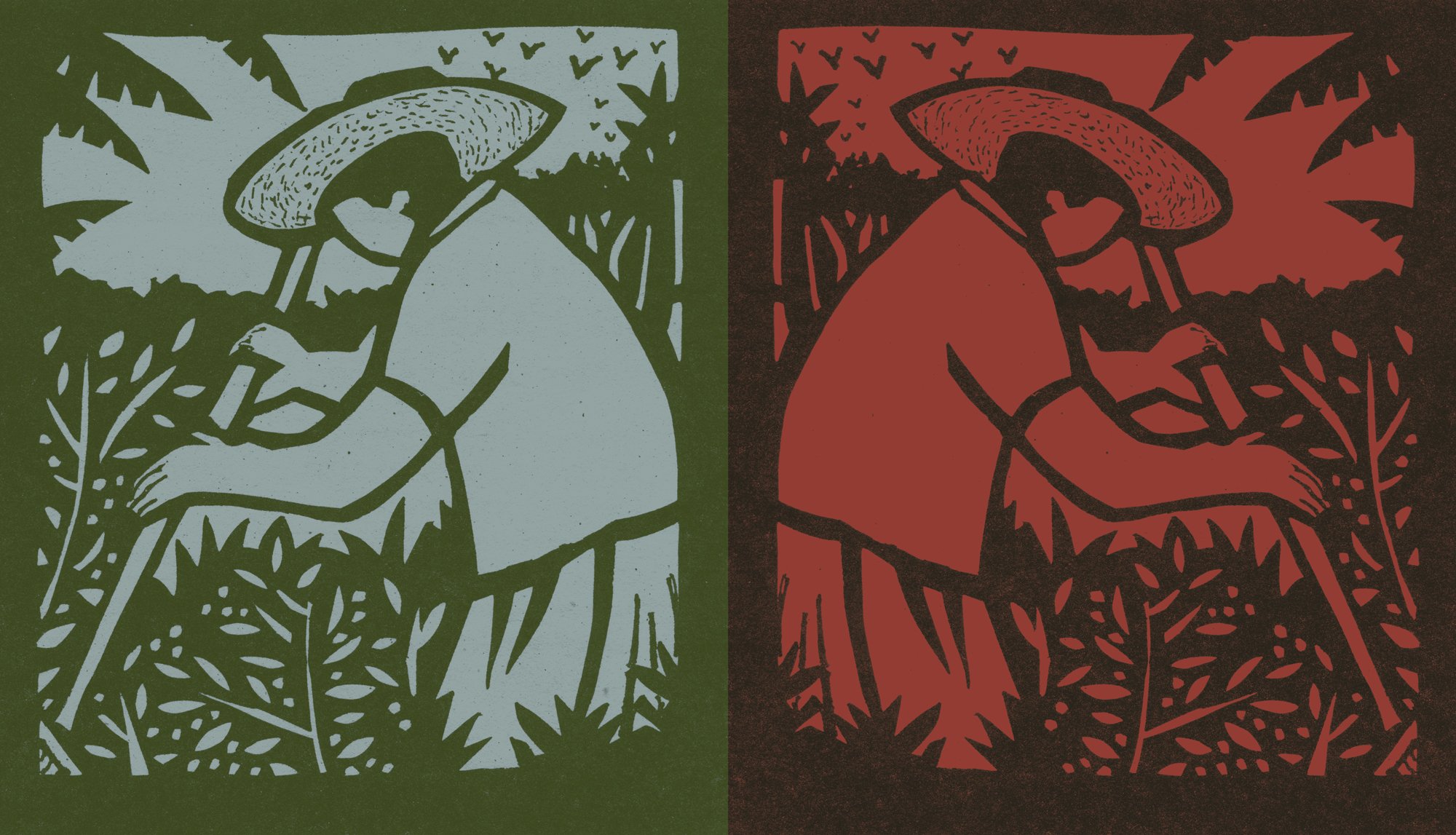
Reflections from Rink on the “Fair Trade Experiment”
Fair Trade is dead. What have we learned, and what’s next? Phyllis Robinson interviews Equal Exchange Co-Founder and President Rink Dickinson as he reflects on the nearly 40 year history of the movement and where it has left us as an organization and a community.
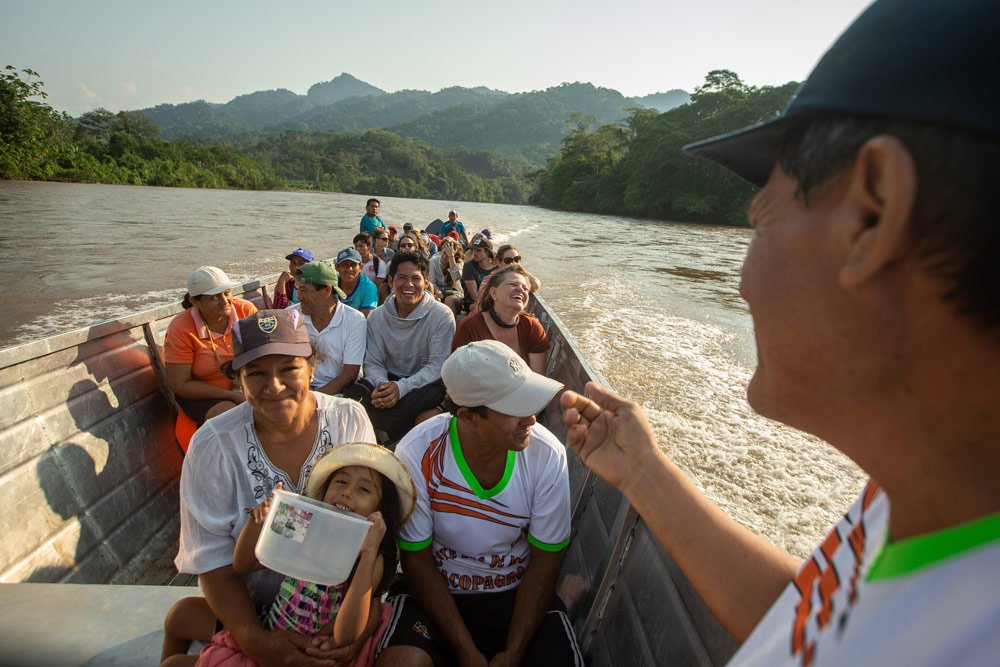
Journey to ACOPAGRO and Connecting Communities with the Origin Bean Program
In 2019, Equal Exchange worked alongside ACOPAGRO cacao co-op of Peru to foster a delegation opportunity like no other. A blend of Equal Exchange worker-owners and customers traveled three hours from the nearest city by boat to learn about cacao farming in the Amazon basin and stayed with gracious hosts who opened their homes and lives to share in this experience.
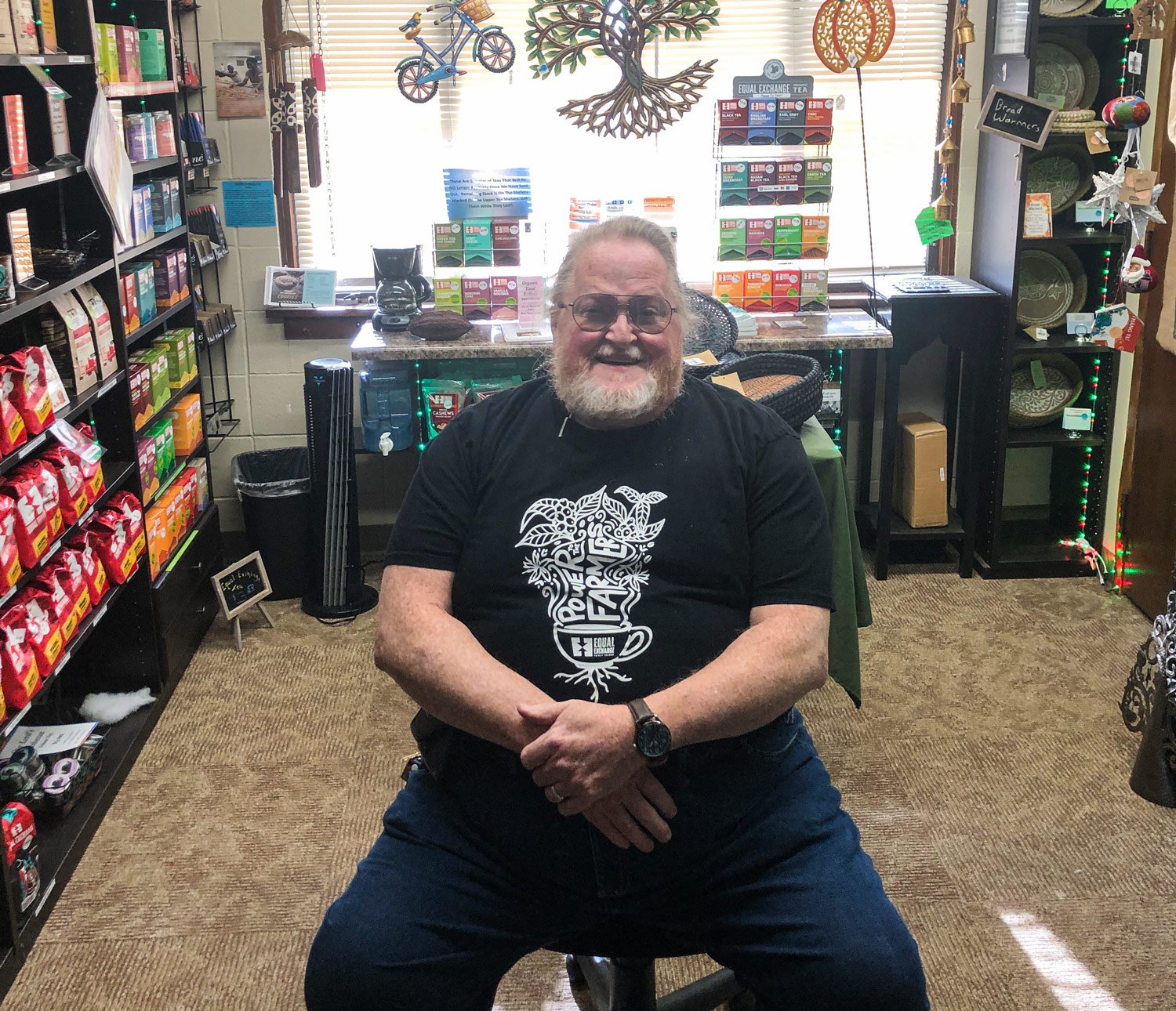
Extraordinary Coordinator: Michael Williams
The Fair Trade Shop at Our Lord's Lutheran Church in Maryville, Illinois, created by Michael Williams, hearkens back to a simpler era. The cozy 12’x12’ space in the Worship Center building is packed with Equal Exchange food and handmade crafts from SERRV artisans. Both the farmers and the craftspeople earn enough money from their products so that they can feed their families and remain in their homes—located in many different countries. The store supports small-scale working people who are ignored by international commercial markets.

“In this Together” with Fair Trade Alliance Kerala
“The Solidarity Economy may not really be able to kick in at critical times. Maybe we really have to devise new tools and new ways of engagement to make sure it's able to kick in, which is a dire need right now. The fact is, all of us are in it together, and we are searching for solutions, for answers; that in itself is an important pillar of solidarity.” –Tomy Mathew
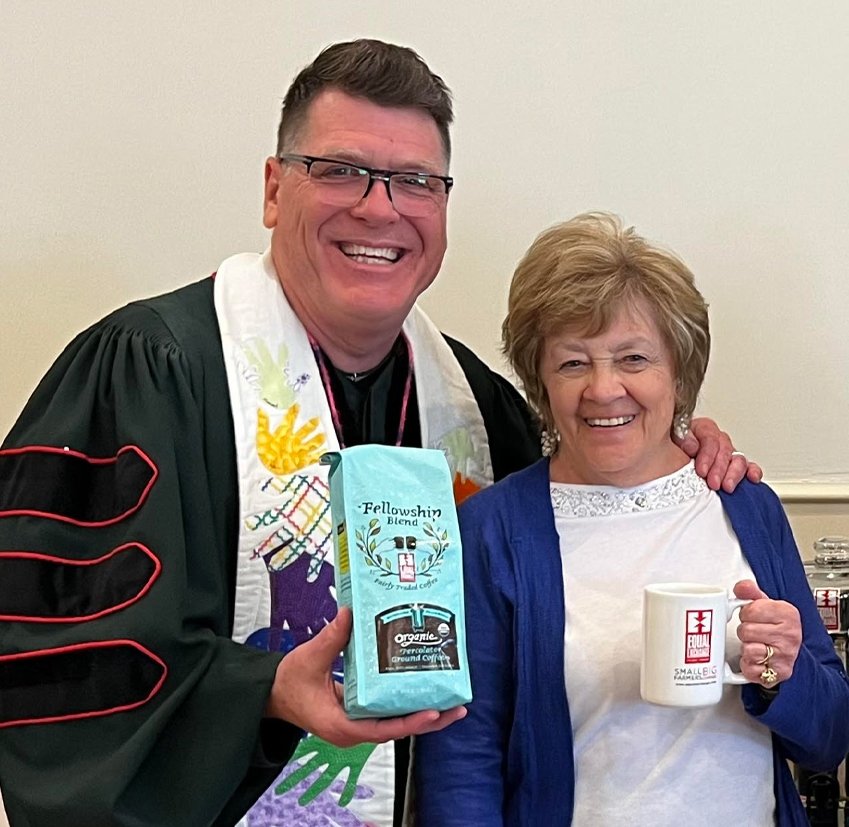
Extraordinary Coordinator: Grace Miley
From Grace, “Our church became involved with Equal Exchange in 1996 when we started serving “Fellowship Blend” for any church gatherings. I remember being curious about the concept of fair trade, which was new to me. As EE products expanded, I became the new EE volunteer in our church with no clue where this adventure would lead me.”
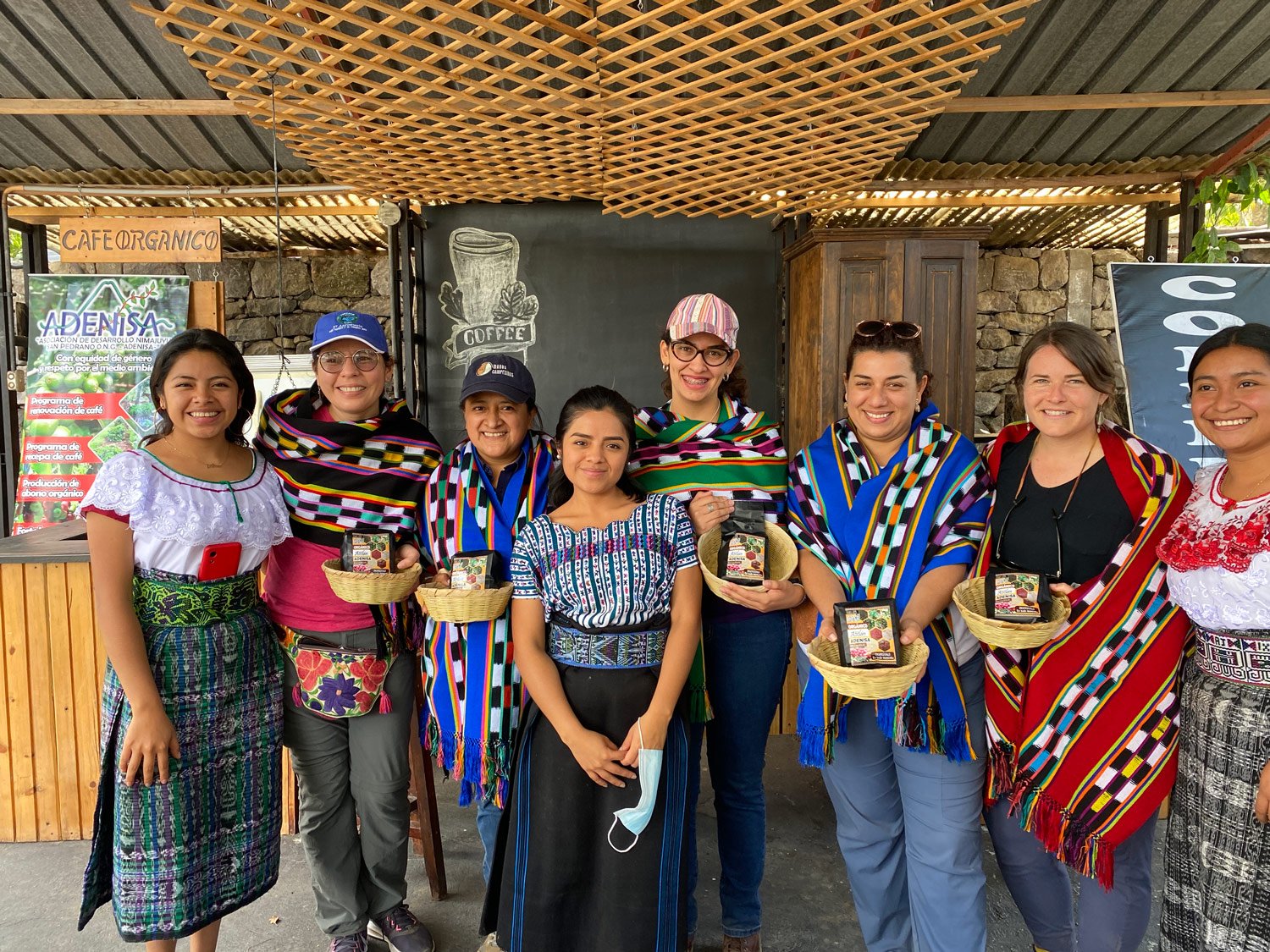
Walking the “K’ojolaa” Coffee Trail
On the shores of Lake Atitlán, in the southwestern highlands of Sololá, Guatemala, a promising new cooperative initiative is beginning to take root. The “Coffee Tour K’ojolaa,” is an ecotourism project that was envisioned, planned, and organized by ten Tz’utujil Mayan youth in the small town of San Pedro La Laguna. Ranging in ages from 23-28, the project’s creators are members (or the sons and daughters of members) of Adenisa, a local, small-scale coffee cooperative.
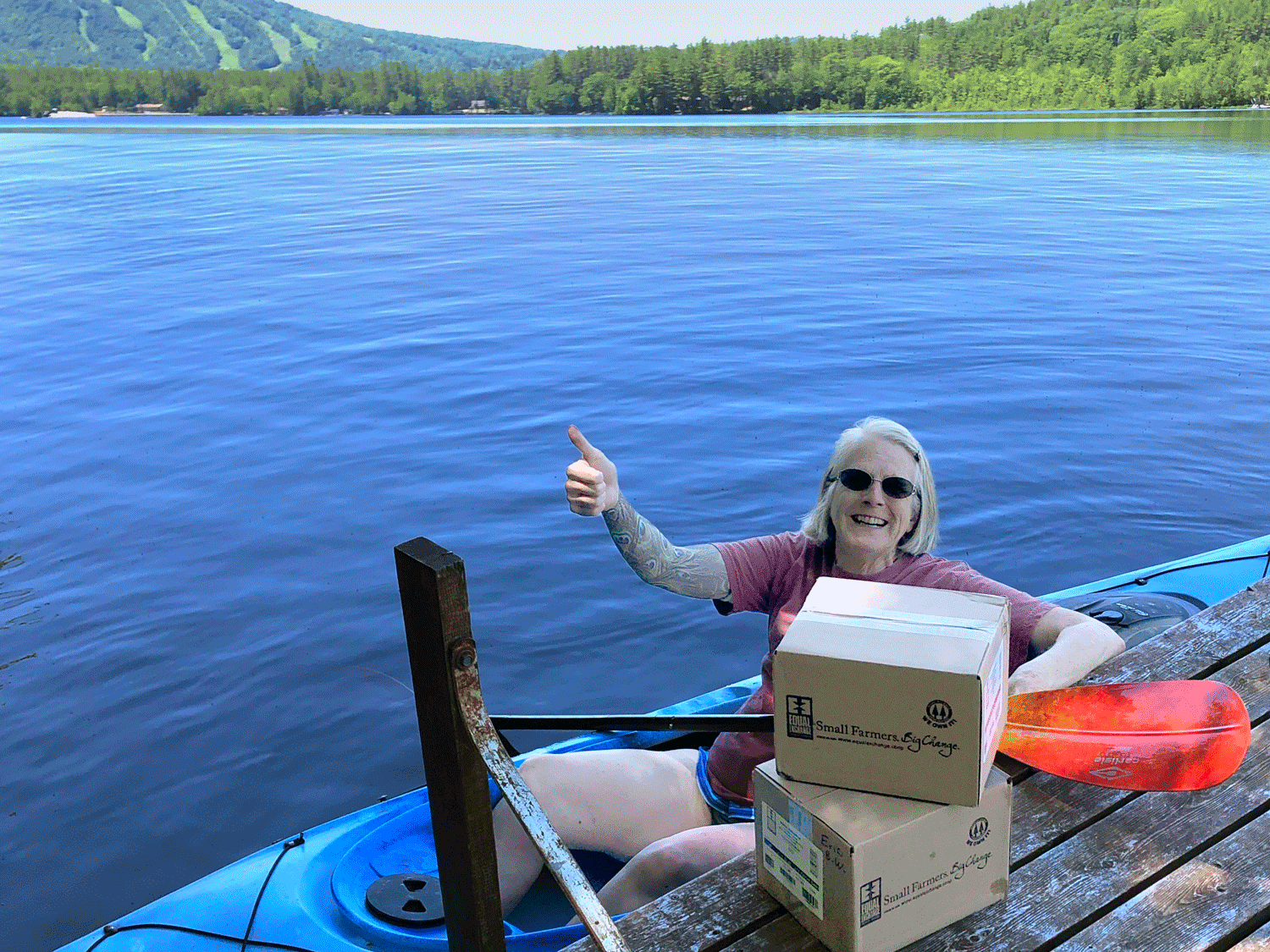
Extraordinary Coordinator: Jane Chandler
Jane has been the fair trade purchaser at West Parish Congregational Church UCC in rural Maine for about 20 years — though no one can recall exactly what year she started. Jane and her husband Jim live year round on the edge of Bryant Pond about 15 minutes away from Bethel. Jane delivers most of her Equal Exchange coffee orders by car or folks pick them up from her house or the church; but she keeps her kayak tied to the dock for emergency caffeine deliveries.
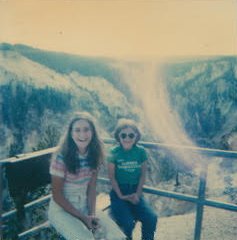
How a Trip to Yellowstone Changed How We Think About Food
40 years ago, our family traveled to Yellowstone National Park to camp for a few days. When we entered the park, the ranger handed us a newspaper with the headline “Human Food Kills Bears”. That headline was about to change our lives and those of our progeny.

Cooperatively Grown Avocados: An Interview with PROFOSMI
We all have differing knowledge of the fruit that has quickly become a staple in the North American diet. Through years of successful marketing, consumers have been taught the many health benefits of consuming avocados and that they spread well on toast. Most of us are aware they are native to Mexico, where 88% of the United States’ imported supply comes from. But what does life look like for a small-scale avocado farmer in the Mexican state of Michoacán? And what is the actual difference between a conventional and an Equal Exchange avocado?
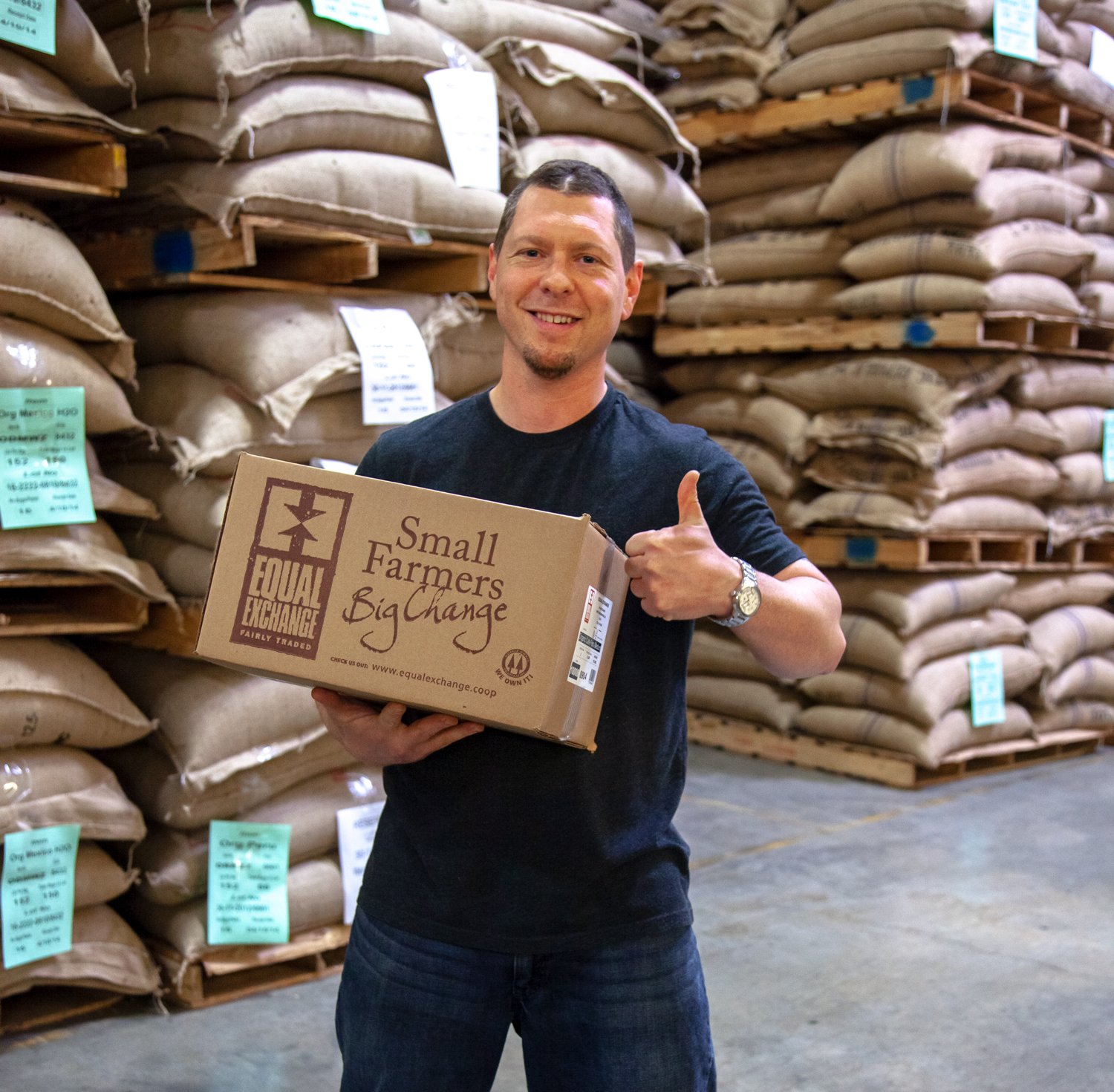
Terry Boisclair Reflects on 20 Years as a Worker-Owner
Terry Boisclair started out picking and packing orders at Equal Exchange in 2002. He reflects on 20 years as a Worker-Owner, including visiting farmers in Nicaragua, forming close ties with his co-owners, and how much the business has evolved in its operations over the years.
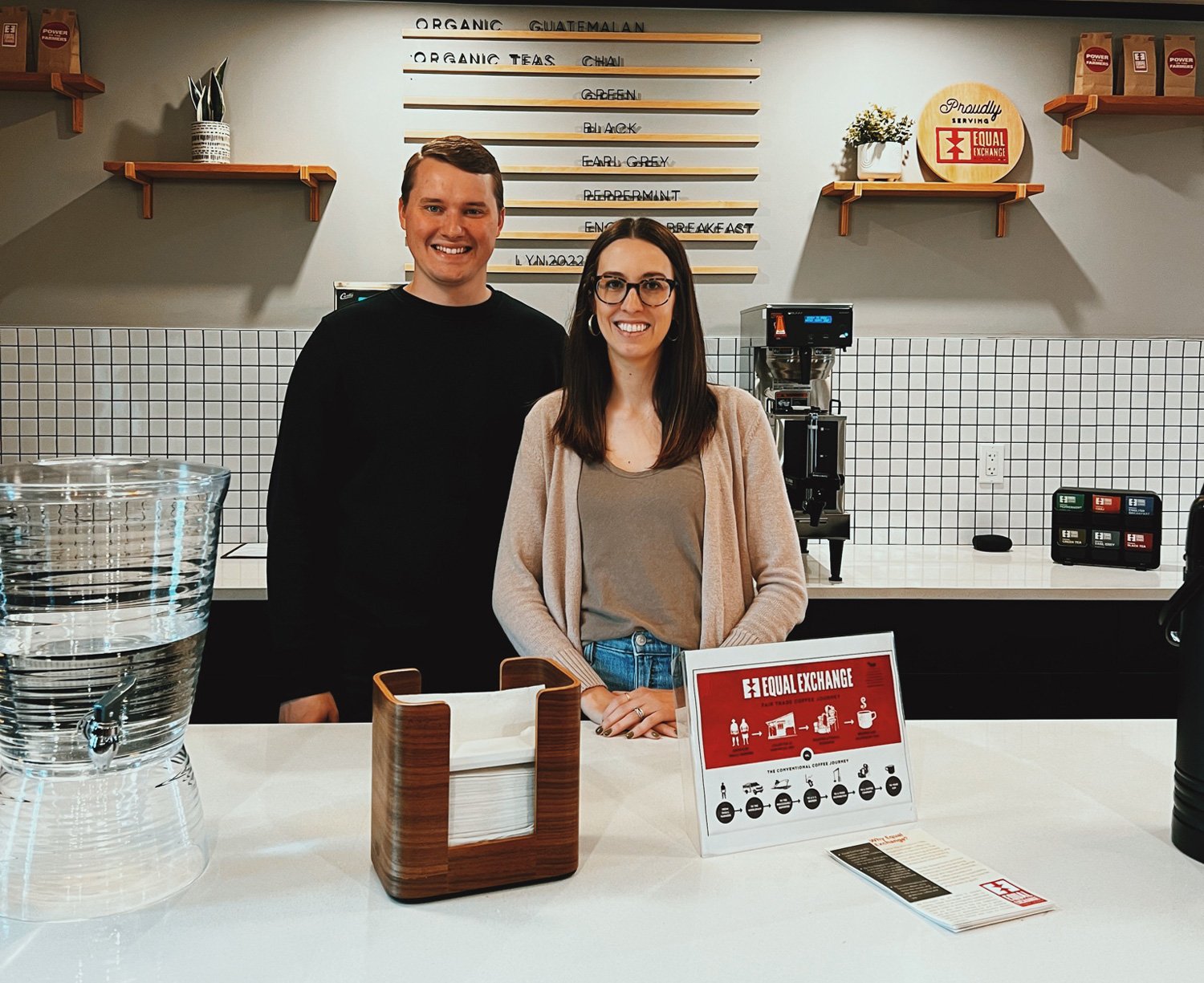
The Ridgeland Church Creates an All-Embracing Neighborhood Cafe
Ridgeland Church, part of the Church of Nazarene, is a community of around 100 neighbors with roots in the southwest collar suburbs of Chicago dating back to 1926. Today, they remain in the same communities and are opening an all-embracing neighborhood cafe in Oak Lawn, Illinois. Ridgeland Cafe’s manager, Macy Richey shares her thoughts on their new community space.
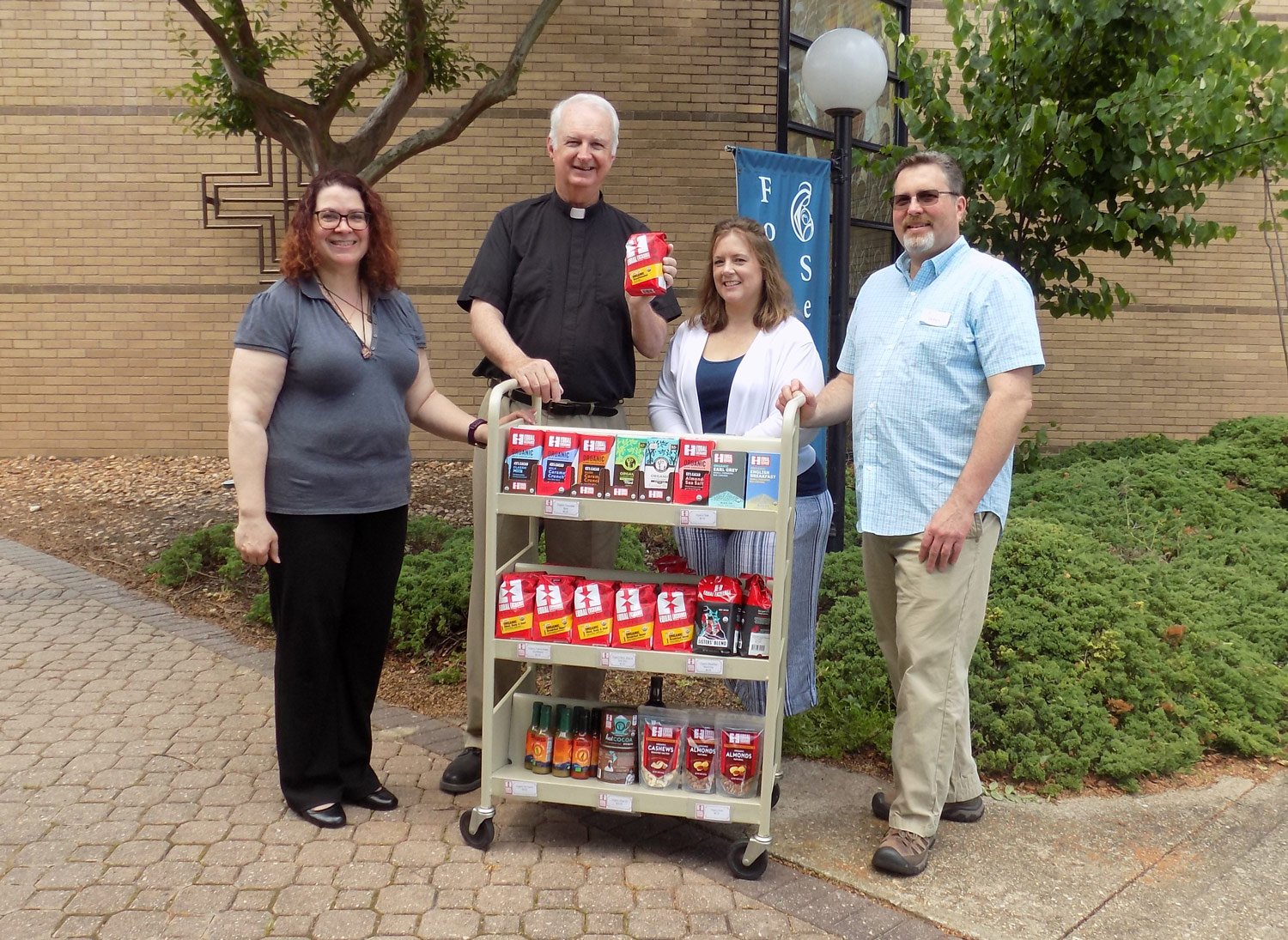
Interview with Extraordinary Pastor, Father John Grace
Father John Grace has served as a Catholic Priest for 43 years. He has served as the Pastor at the Immaculate Conception Church in Hampton, Virginia for the past four years. Under Father John's guidance, Immaculate Conception has become a "Care for Creation" or environmentally focused church. The congregation serves Equal Exchange coffee and sells our small farmer products every two weeks after services.
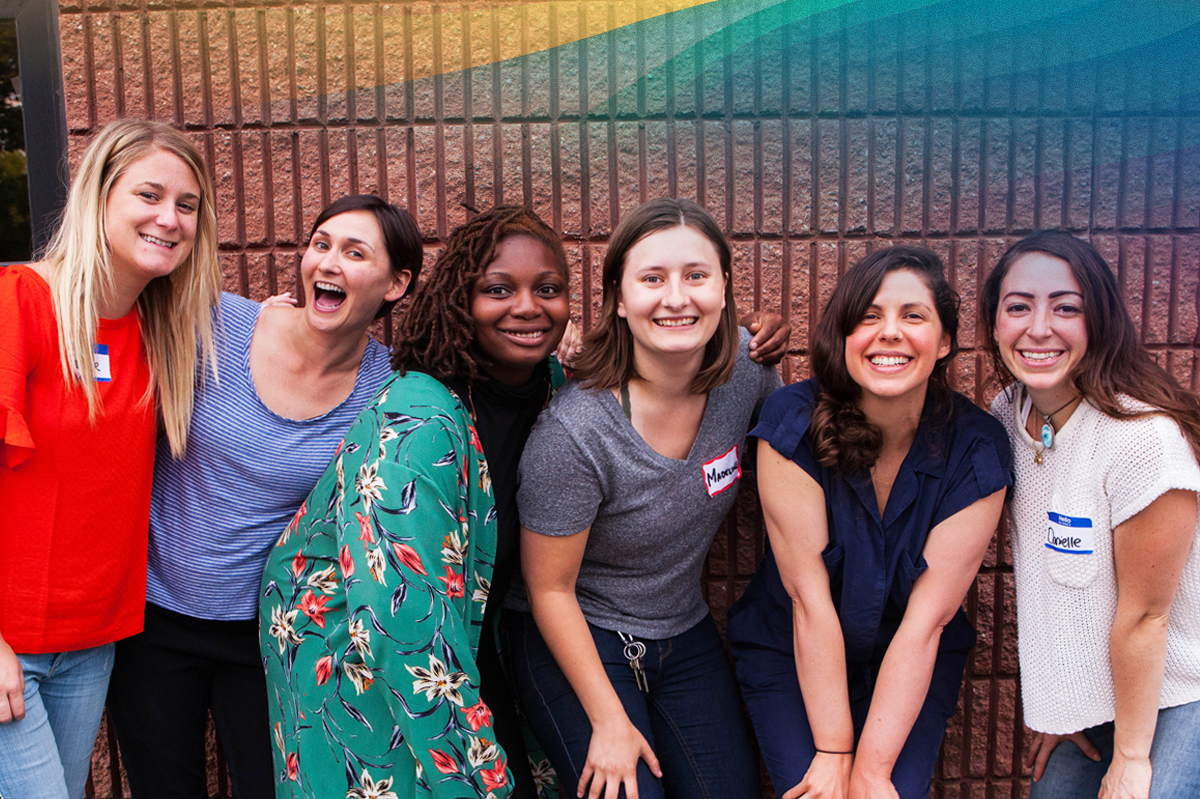
We Couldn’t Do It Without You, Citizen-Consumers
As Equal Exchange celebrates its thirty-sixth year of challenging conventional wisdom and structural inequities in the way food commodities are traded, we are once again taking stock in all that we have achieved and the daunting headwinds we are facing. Boy, are we glad we are doing this with all of you!

Checking in with Santiago Paz of Cooperativa Norandino
Santiago Paz, Co-director and Export Manager of Norandino, a cooperative aggregating 90 grassroots organizations in Northwest Peru, is one of the inspiring and visionary leaders who has walked the road with us through the years. Here, he shares what the last few years have meant for Norandino.

